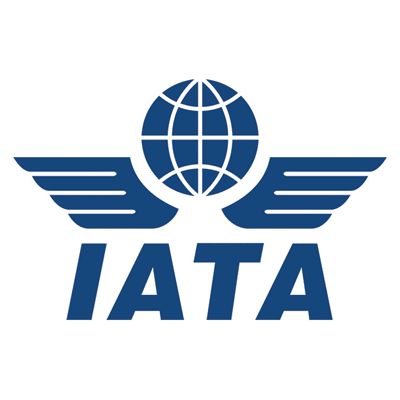Governments must close legal loopholes on unruly passengers
- Like
- Digg
- Del
- Tumblr
- VKontakte
- Buffer
- Love This
- Odnoklassniki
- Meneame
- Blogger
- Amazon
- Yahoo Mail
- Gmail
- AOL
- Newsvine
- HackerNews
- Evernote
- MySpace
- Mail.ru
- Viadeo
- Line
- Comments
- Yummly
- SMS
- Viber
- Telegram
- Subscribe
- Skype
- Facebook Messenger
- Kakao
- LiveJournal
- Yammer
- Edgar
- Fintel
- Mix
- Instapaper
- Copy Link
Posted: 25 March 2014 | The International Air Transport Association | No comments yet
The International Air Transport Association urged governments to close legal loopholes that allow unruly passengers to escape law enforcement for serious offences committed on board aircraft…


The International Air Transport Association (IATA) urged governments to close legal loopholes that allow unruly passengers to escape law enforcement for serious offences committed on board aircraft.
On 26 March 2014, governments will gather for a diplomatic conference at the International Civil Aviation Organization (ICAO) in Montreal to discuss revisions to the Tokyo Convention. The revisions would enhance the ability of law enforcement and other authorities to prosecute the small minority of passengers who are violent, disruptive, abusive, or acting in a manner which might endanger safety.
The Tokyo Convention was negotiated in 1963 and it gives jurisdiction over offenses committed onboard aircraft to the state of registration of the aircraft. With modern leasing arrangements, the state of aircraft registry is often neither the state in which the aircraft lands nor the state of the operator. This limits the practicality of enforcement and consequently the options available to mitigate disruptive behaviors. For this reason, the airline industry supports proposals for jurisdiction to be extended to both the state in which the aircraft lands and the state in which the operator is located.
“Airlines are doing all they can to prevent and manage unruly passenger incidents, but this needs to be backed up with effective law enforcement. Reports of unruly behavior are on the rise. The Tokyo Convention was not originally designed to address unruly behavior and there is a great deal of uncertainty amongst carriers as to what actions crew can take to manage incidents in the air. And if the aircraft lands in a state other than where the aircraft was registered, local authorities are not always able to prosecute,” said Tony Tyler, IATA’s Director General and CEO.
“Passengers expect to enjoy their journey incident-free. And air crews have the right to perform their duties without harassment. In addition, the inconvenience to other travelers of a forced diversion is significant. At the moment there are too many examples of people getting away with serious breaches of social norms that jeopardize the safety of flights because local law enforcement authorities do not have the power to take action. IATA applauds the work of ICAO and supports the proposed revisions to the Tokyo Convention. Closing these legal loopholes will better deter such behavior and make passengers think twice before acting in ways that may put the safety of many at risk,” said Tyler.













